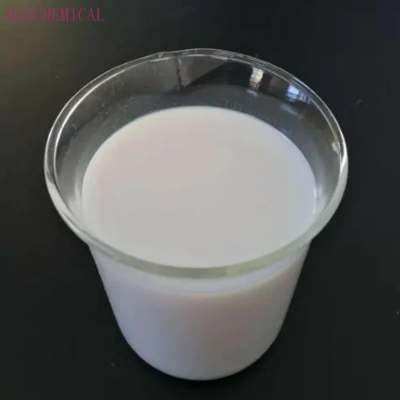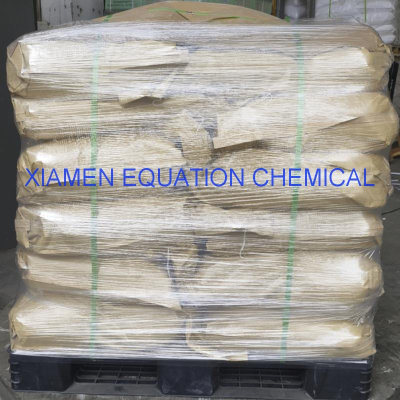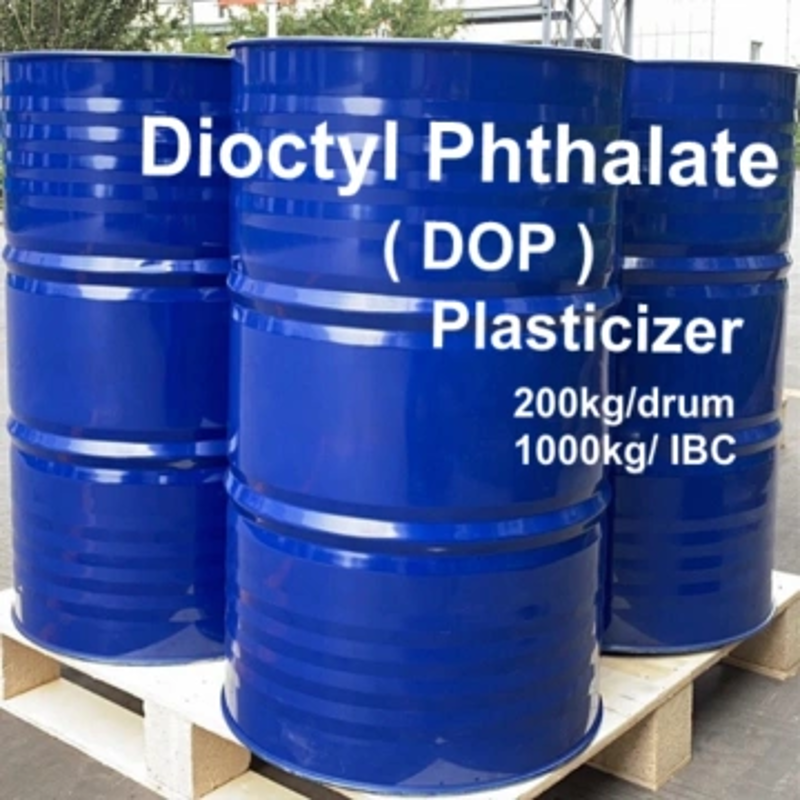-
Categories
-
Pharmaceutical Intermediates
-
Active Pharmaceutical Ingredients
-
Food Additives
- Industrial Coatings
- Agrochemicals
- Dyes and Pigments
- Surfactant
- Flavors and Fragrances
- Chemical Reagents
- Catalyst and Auxiliary
- Natural Products
- Inorganic Chemistry
-
Organic Chemistry
-
Biochemical Engineering
- Analytical Chemistry
-
Cosmetic Ingredient
- Water Treatment Chemical
-
Pharmaceutical Intermediates
Promotion
ECHEMI Mall
Wholesale
Weekly Price
Exhibition
News
-
Trade Service
Clariant is acting on plans announced at the end of June to tackle the challenge of plastic pollution by rolling out new solutions and taking proactive steps to create a more sustainable environment through the Symphony of Collaboration initiative plastic indust.
To support the growth of the plastics industry, Clariant introduces environmentally compatible solutions and designs materials and products that are easy to separate, recycle and reu.
One of the highlights is the recycling and upgrading of post-industrial waste from flame-retardant polyamid.
Although plastics can be largely redesigned to better accommodate recycling, contaminants and additives can build up in the material over multiple mechanical cycles and can lead to poor material performance or even pose health ris.
Phosphorus-based and halogen-free Exolit OP flame retardants are a safer and more environmentally friendly option than traditional brominated flame retardan.
Electric vehicles have their specific material and safety requiremen.
Furthermore, after years of collaborative research with the Phosphorus Nitrogen Inorganic Flame Retardants Association (pinfa ), the Fraunhofer LBF Institute has confirmed that Exolit OP continues to provide the same high level of fire protection over multiple recycling cycles, further illustrating that Exolit Excellent performance by .
Post-industrial waste containing Exoit OP's glass-fibre-reinforced polyamide offers manufacturers a real alternative to new materia.
In addition, Exolit OP is not subject to eco-design applications, such as the upcoming EcoDesign Regulations (EcoDesign) for electronic displa.
Stephan Lynen, General Manager of Clariant's Additives business unit, said: "Each year around 50 million tonnes of e-waste are generated globally, of which only 20% is recycled efficient.
He added: “As the industry transitions to a circular economy, all our contributions to recyclable plastics will help improve vehicle waste management, which in turn supports OEMs choosing lighter and more sustainable optio.







